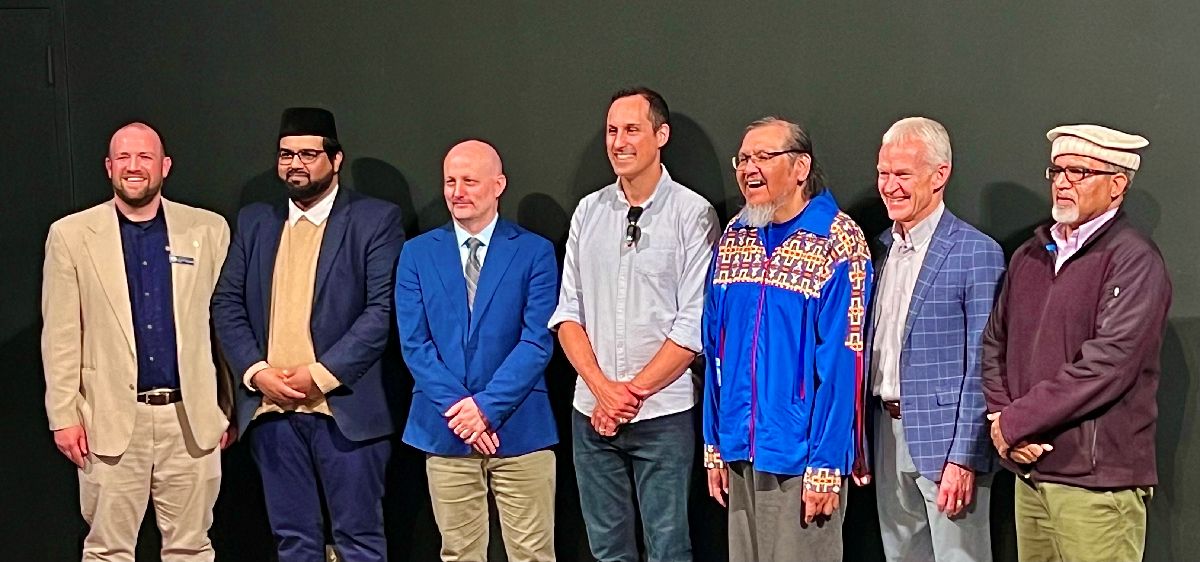Brenda is a project manager at a large financial services company. For the past year, she has been leading a team tasked with developing a new product line on a tight deadline. She’s been working 60-70 hours/week, constantly juggling demands from her team, executive, and her clients. She has had to make numerous high-stake decisions under immense pressure. And she is a parent of three school age children.
She now feels completely drained, both mentally and physically. She’s having trouble concentrating and remembering key details. Simple tasks that were once easy now seem overwhelming. She’s getting cynical and detached from her work. She’s getting irritable with both her team and her family and lashes out at them over minor issues. Her sleep has been almost non-existent, and she relies on caffeine and energy drinks to get her through the day. And she’s on prescription muscle relaxants and pain medication for her headaches.
She’s starting to dread going into the office each morning and has considered quitting her job entirely, despite having worked so hard on this project. While this is likely an extreme case of chronic overwork, I hear versions of this story from many people these days.
What’s going on, and what can we do about it?
With fatigue and burnout, we see symptoms such as difficulty concentrating, impaired judgement and decision-making, increased forgetfulness, irritability, decreased motivation, increased mistakes, headaches, cynicism, changes in sleep patterns (e.g. insomnia), and increased absenteeism. I suggest five strategies for dealing with it:
- Recognize. It takes courage to step up and be accountable. However, don’t confuse courage with the temptation of martyrdom. It takes humility – a true evaluation of conditions as they are – to truly be strong. Honestly acknowledge if you have gone from a healthy sense of tiredness that you recover from on the weekend, to real exhaustion. There’s no shame in recognizing that you are burned out. It can happen to anyone who is conscientious and loses touch with their values. Remember: self-centered, lazy sloths don’t get exhausted.
- Reach Out. Carrying other’s responsibilities often comes with accountable people. However, it’s not sustainable. The lone-warrior model of leadership is, in the words of Ronald Heifetz, heroic suicide. Each of us have blind spots that require the vision of others. Reach out for help from a guide.
- Relate. This may sound strange, but you can make friends with your exhaustion. It’s not your enemy. It’s here to teach you. If you stop long enough to get your bearings – away from the demands of the world – you can befriend your exhaustion and ask it, like you would a friend, what advice it would give you. Write down the guidance you get. It’s possible to create a relationship with, and learn from, your exhaustion.
- Reflect. Exhaustion means you have lost connection with your values by allowing yourself to be suffocated by the expectations of others. Getting your bearings includes reconnecting with your values. Make a list of things that are important to you. Now arrange the items in descending order of their importance. Notice where you’ve placed inner peace, well-being, or whatever you want to call it. How important is this to you? What comes before it on the list? Many responsible people don’t make themselves a priority. The way you see yourself is reflected in how you treat yourself.
- Renew. You don’t have to change yourself. Living authentically means simply coming home to yourself. It’s that simple and it’s that complex. The healing journey isn’t an overnight venture, but it does start with a single step. Ask yourself, “What do I need to STOP, START, and CONTINUE doing to live a life that is aligned with what truly matters to me?” “What one small decision would make all the difference?” Reflect on how you can make yourself a priority – so that your caring and commitment to others comes from overflow, not emptiness. What agreements will you make? What actions are needed? What support do you require?



